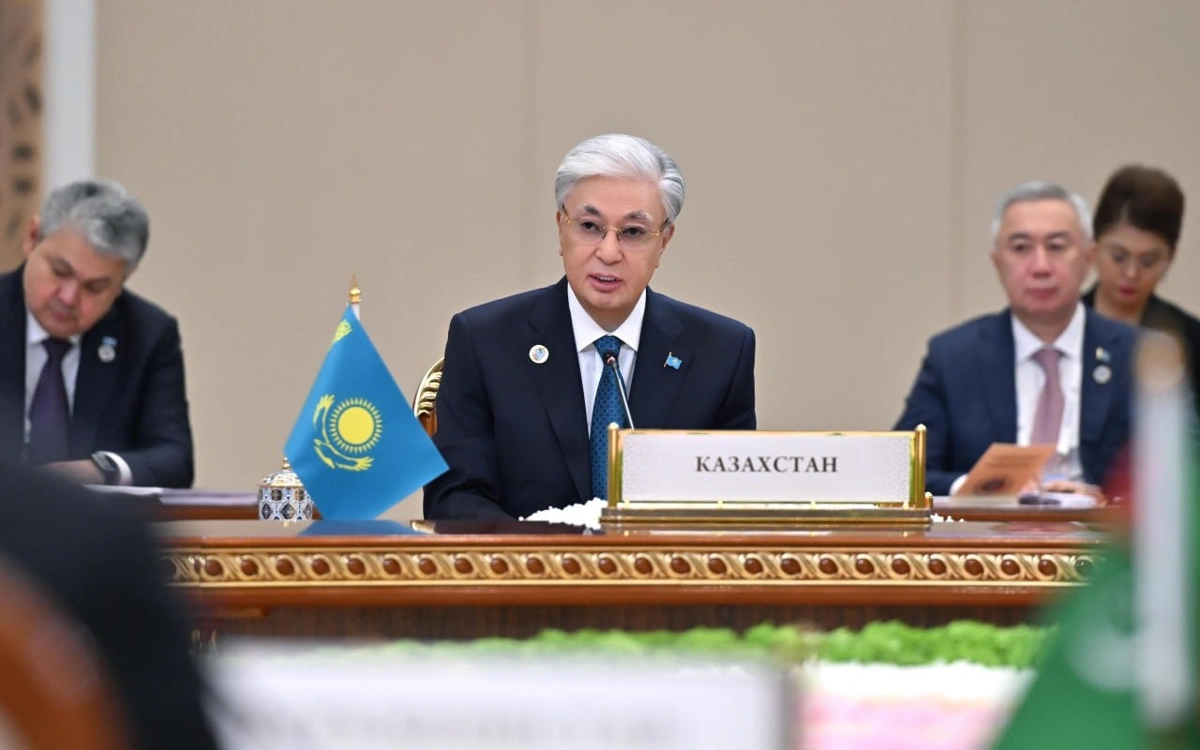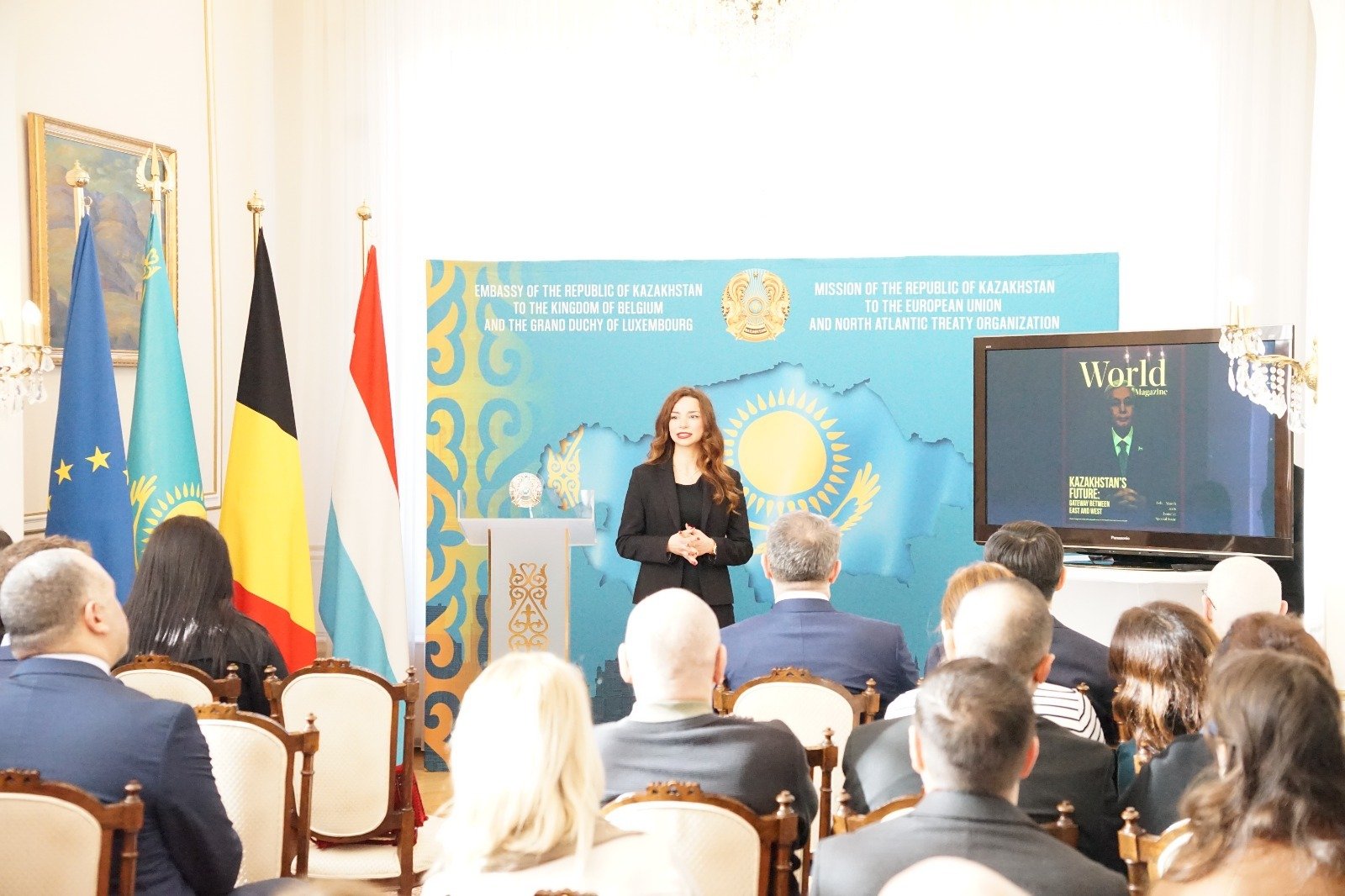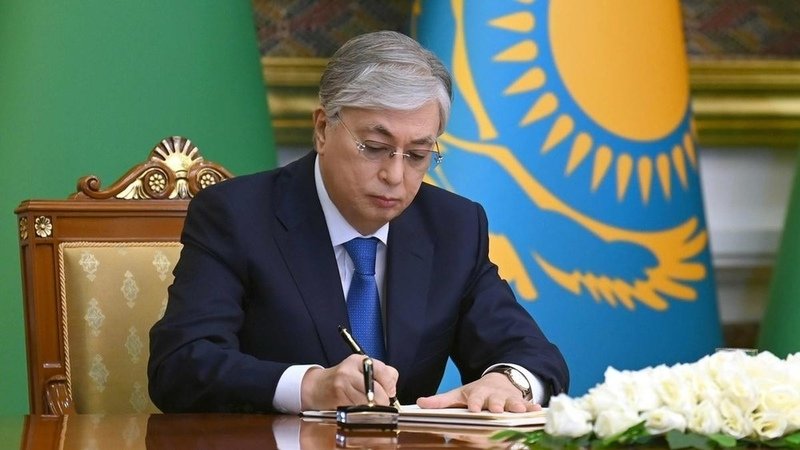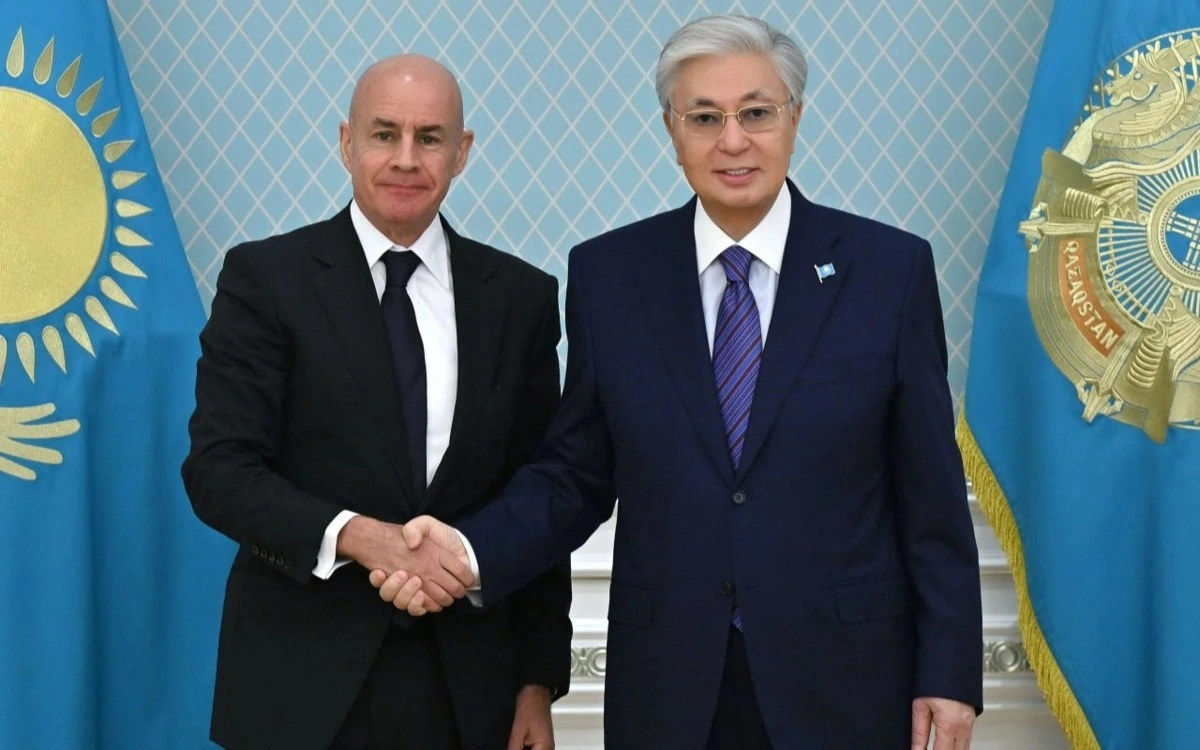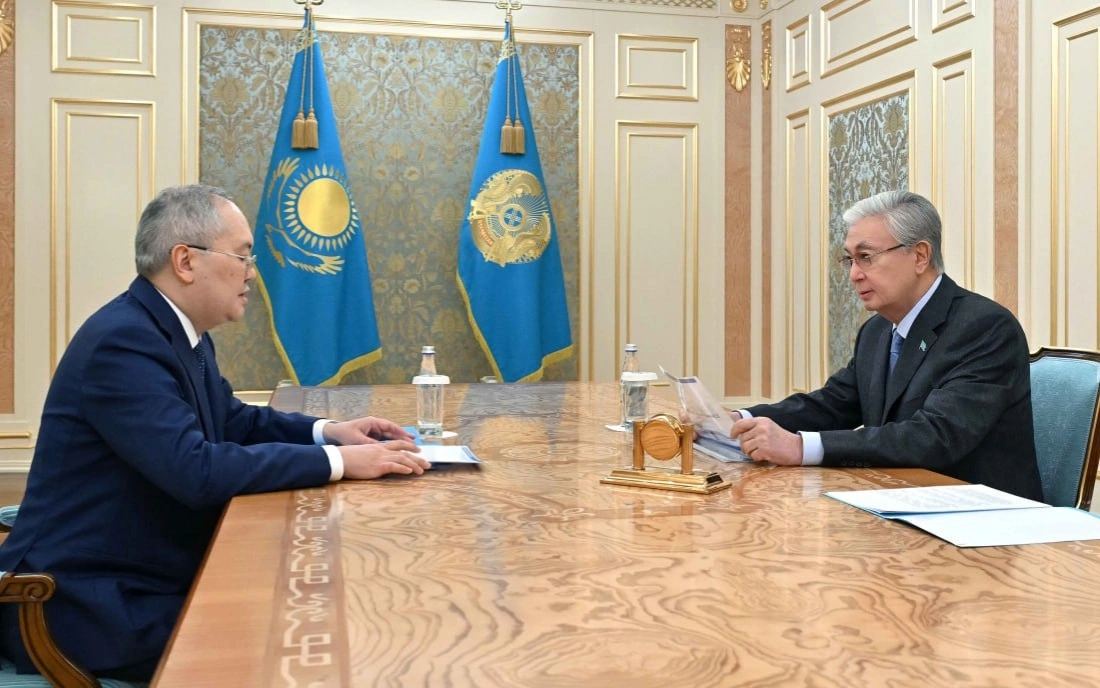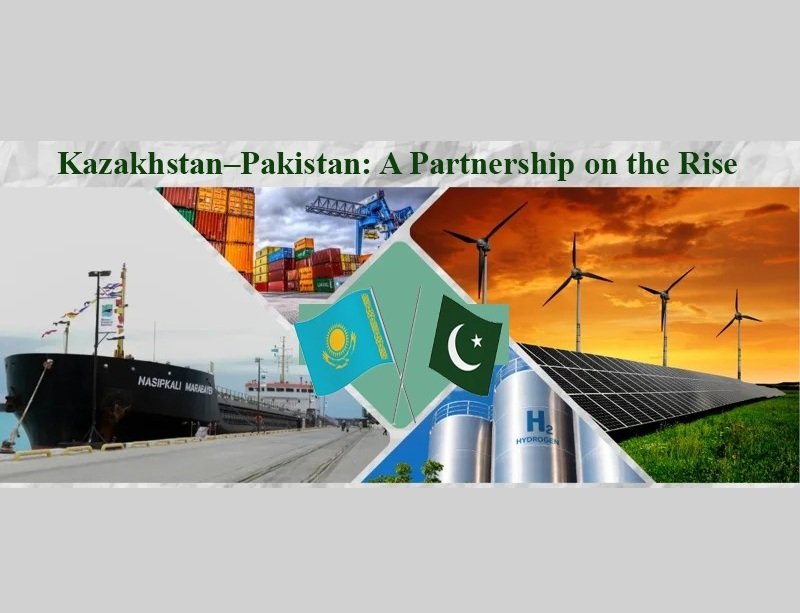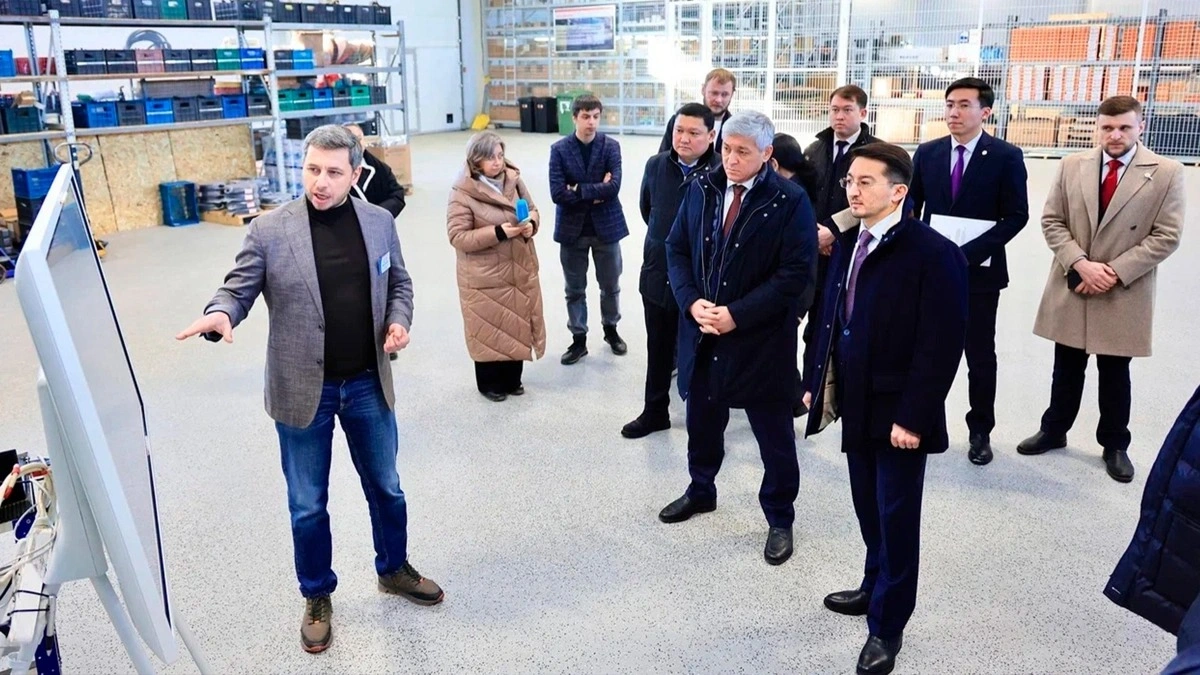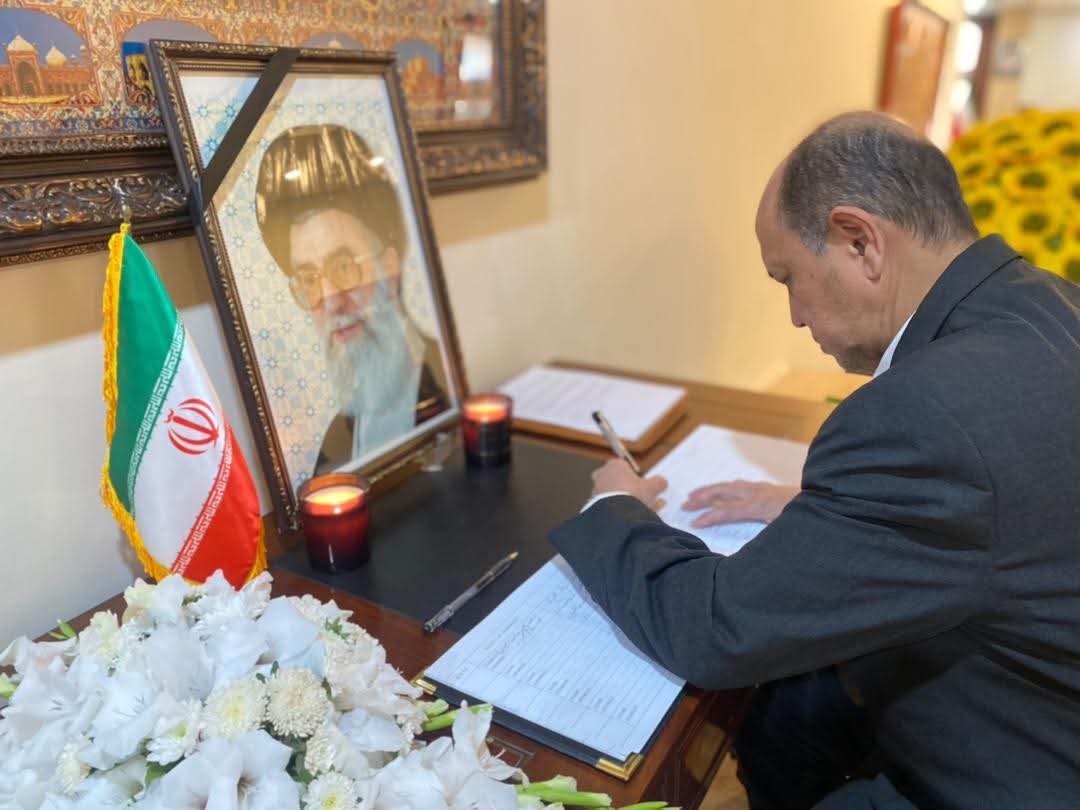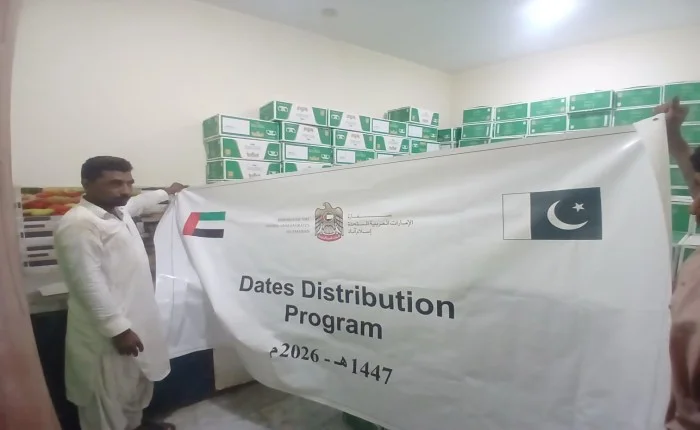Astana, November 17, 2025 – The Europe Today: President Kassym-Jomart Tokayev participated in the VII Consultative Meeting of the Heads of State of Central Asia, expressing strong support for enhanced regional cooperation and welcoming Azerbaijan as a full member of the format, the Akorda press service reported. Tokayev thanked Uzbek President Shavkat Mirziyoyev for the warm hospitality and praised the high level of organization of the summit held in Tashkent.
Calling Azerbaijan’s accession a “historic decision,” Tokayev voiced confidence that Baku’s participation would significantly strengthen regional cooperation. He noted the substantial progress achieved through the consultative meetings, stressing that Central Asia is undergoing “a period of large-scale transformation.”
“We can say with confidence that the days of closed borders and isolation are behind us,” Tokayev stated. “The region’s internal cohesion, achieved through joint efforts, opens wide horizons for development and international cooperation. Leading global powers recognize our increasing role, and interest in the ‘Central Asia +’ formats continues to grow.”
The President emphasized that such partnerships should focus on ensuring stability, sustainable progress, and prosperity for Central Asian states. The overarching goal, he said, is to consolidate the region’s status as a zone of dynamic socio-economic growth, comprehensive cooperation, peace, and well-being.
Focus on Rare Earth Metals and Technological Innovation
Tokayev underscored the importance of expanding cooperation in mining and processing rare earth metals, noting that the region holds substantial yet underexplored reserves. He recalled Kazakhstan’s proposal to establish a Regional Research Centre for Rare Earth Metals in Astana to provide investors with essential data and technological guidance.
Turning to digital transformation, the President highlighted the vast opportunities offered by artificial intelligence (AI). He outlined Kazakhstan’s national AI initiatives and collaboration with Uzbekistan, and proposed drafting a Declaration on the Responsible Use of Artificial Intelligence among Central Asian states. Such a document, he said, would ensure transparency, trust, and data security in regional digital projects.
Strengthening Cultural and Humanitarian Ties
Tokayev reaffirmed that cultural and humanitarian cooperation remains a priority, congratulating Uzbekistan on successfully hosting the UNESCO General Conference in Samarkand. He emphasized the shared responsibility of preserving common historical heritage, promoting ethnic crafts, and organizing regular joint cultural events.
He pointed to promising cooperation in filmmaking, modern tourism, and the promotion of the Great Silk Road legacy through digital technologies. Tokayev reiterated Kazakhstan’s support for the development of joint regional tourism routes and the establishment of a single tourism brand for Central Asia. The proposed Agreement on Cooperation in Tourism and the creation of a unified tourism space could form the legal framework for this initiative, he said.
The President also commended the Center for Islamic Civilization in Tashkent and welcomed its potential transformation into a shared platform for regional scientific research.
Security Cooperation and Border Agreements Praised
Addressing regional stability, Tokayev stressed the importance of coordinated efforts amid global geopolitical turbulence. He welcomed the signing of border agreements between Tajikistan and Kyrgyzstan, as well as the tripoint border accord involving Kyrgyzstan, Tajikistan, and Uzbekistan. He described Tajikistan’s recent Treaty on Friendship in the 21st Century as a significant contribution to regional peace.
The President warned that Central Asia continues to face threats including terrorism, extremism, drug trafficking, and transnational crime. He emphasized that cooperation among the region’s security council secretaries is essential for effectively tackling these challenges.
Enhancing the Consultative Meeting Format
Tokayev proposed strengthening the role of the Council of National Coordinators by expanding its mandate to include developing strategic directions for regional development, in addition to monitoring agreement implementation. He expressed support for President Mirziyoyev’s proposals on institutional enhancement of the consultative format.
He also suggested integrating the Central Asian Expert Forum into the regional cooperation system and transforming it into a key platform for research and policy coordination.
“The time has come to reinforce our cooperation mechanisms and ensure that they meet the demands of a rapidly changing world,” Tokayev concluded.
